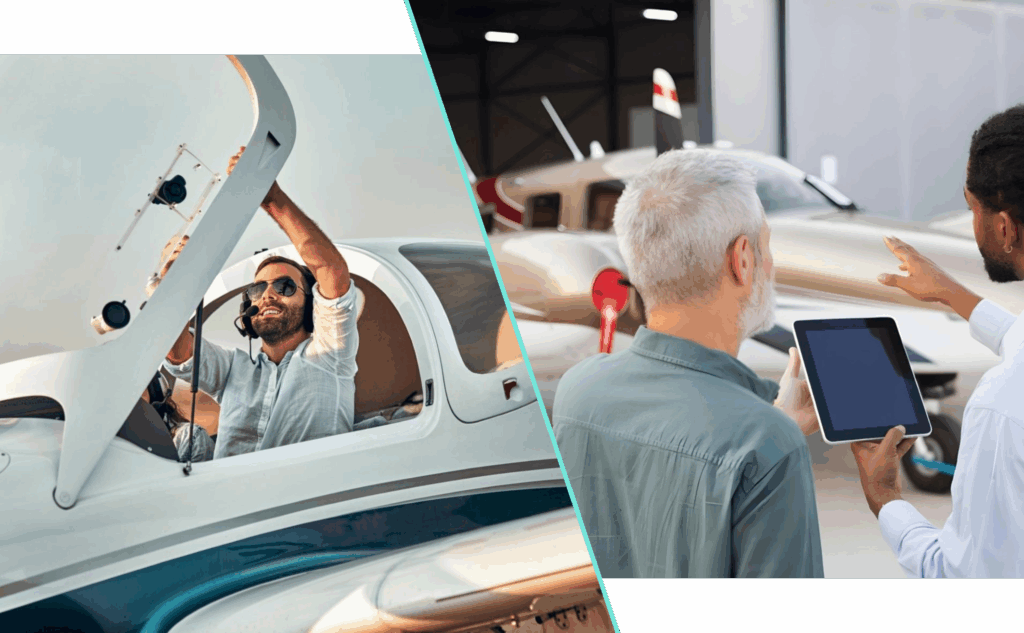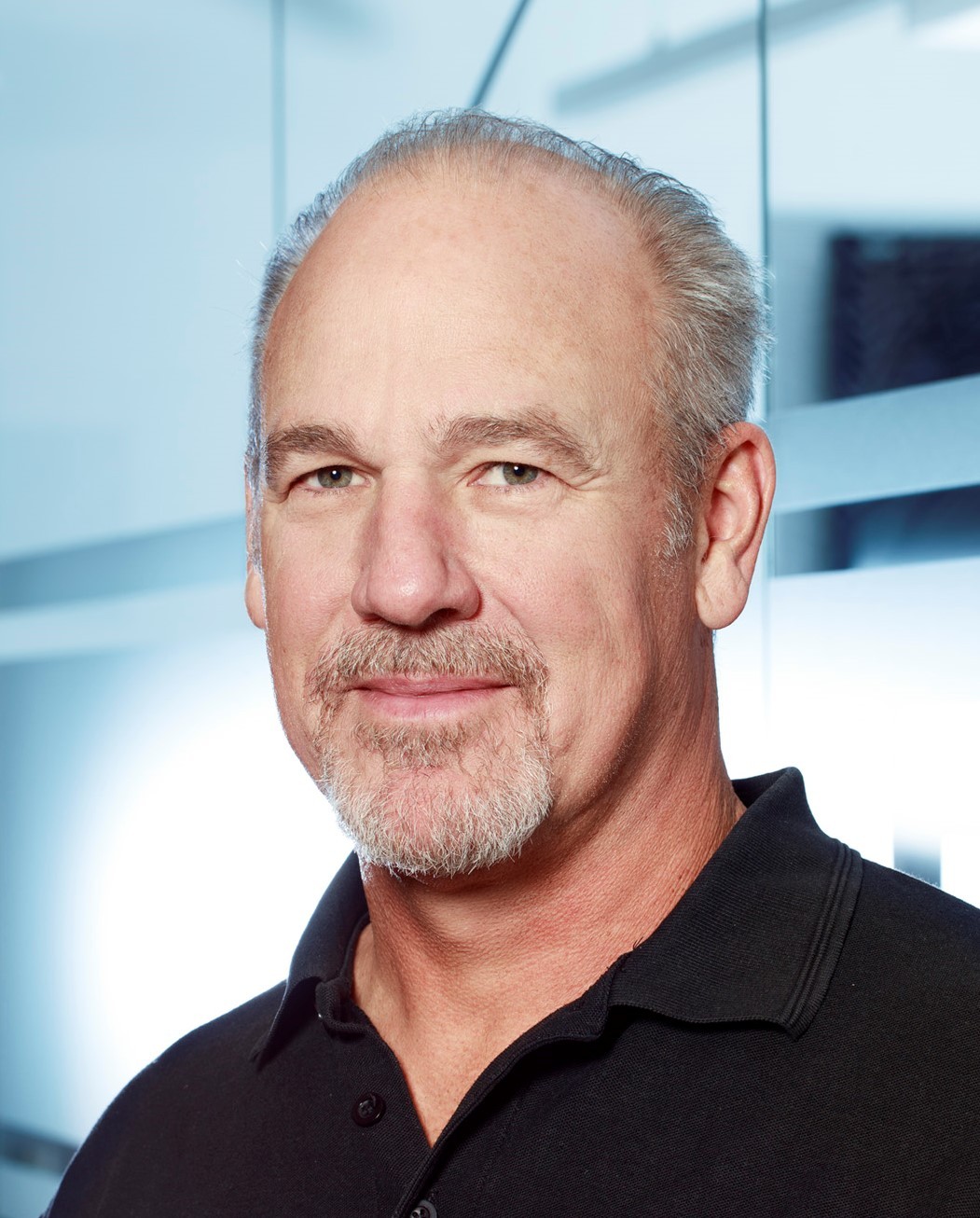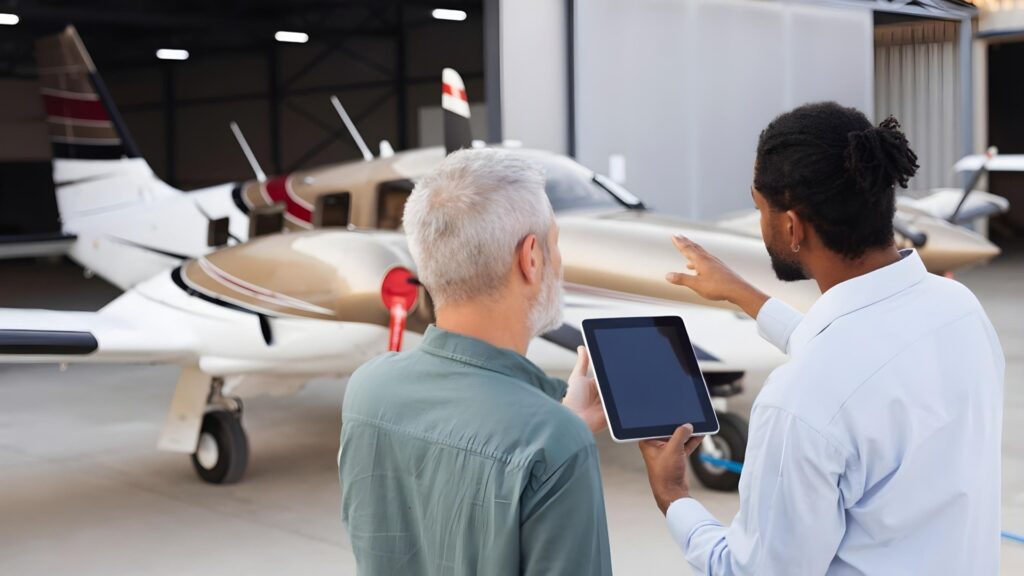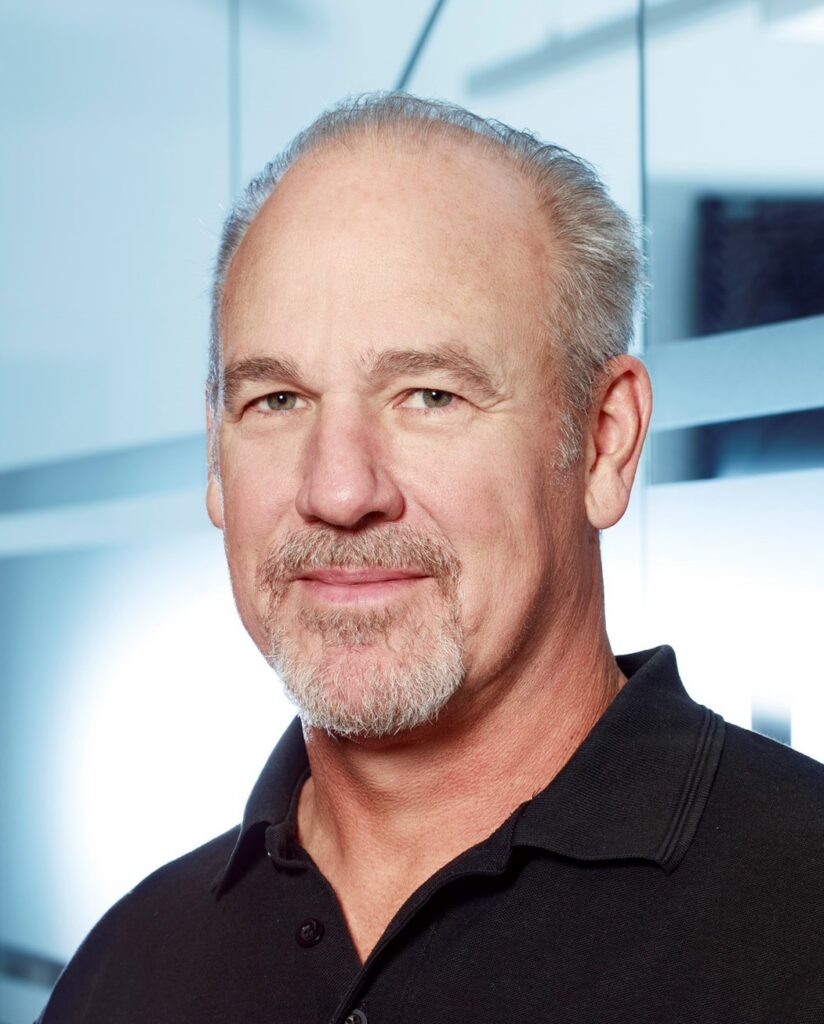Aircraft Ownership Support for Aircraft Owners
Independent aircraft ownership consulting designed to move you from reactive owner to competent operator.
FOR CONTINENTAL AND LYCOMING POWERED PISTON AIRCRAFT OWNERS

Strategic Aircraft Ownership Support for Serious Pilot-Owners
The Pilot-Owner Accelerator is a structured aircraft ownership support and independent aircraft advisory programme designed for Continental- and Lycoming-powered piston owners. It exists to replace reactive ownership with professional governance, evidence-based maintenance control, and structured aircraft operations optimisation.
Most pilot-owners are trained to fly.
Very few are trained to govern ownership.
What Happens Without Structured Aircraft Ownership Support
Many aircraft owners come to us after years of preventable friction, uncertainty, and avoidable cost.
Before
- Uncertainty in decisions and maintenance
- Frequent grounding or operational interruptions
- Limited trust, support, and control
- Time lost on coordination and guesswork
- High and unpredictable costs
After
- Evidence-based, confident decision-making
- Reliable aircraft and consistent availability
- Trusted partners and professional support
- Structured systems and time saved
- Cost-efficient and transparent ownership
What the Pilot-Owner Accelerator Is Like
The Pilot-Owner Accelerator is a structured form of aircraft owner support — combining independent advisory, decision frameworks, and ongoing oversight.
Trusted by Pilots Who Know What’s at Stake

What the Pilot-Owner Accelerator Actually Is
Whether you’re preparing for your first aircraft or already managing one, the Pilot-Owner Accelerator provides structured guidance and tailored support at every stage — from your first purchase to long-term, professional operation.
How aircraft owners typically engage
Step 1 — Diagnostic Session
Every engagement begins with a Diagnostic Session — a short conversation to understand your situation, constraints, and the decisions you’re facing.
Step 2 — Game Plan Session
If appropriate, this may be followed by a Game Plan Session, where we analyse options in depth and outline a clear, evidence-based path forward.
Step 3 — Pilot-Owner Accelerator (if appropriate)
Only once that clarity exists do some aircraft owners choose to proceed with the Pilot-Owner Accelerator.
Step 4 — Learn & Implement
Gain skills, apply proven strategies, and enjoy stress-free ownership.
Step 5 — Owner in Command
Operate with competence and confidence — knowing you’re in control, with us as your trusted partner.
Bonus — Alumni Support Programme
Ongoing airworthiness management, personalised engine monitoring, reminders, dispute mediation, and advanced training to keep you ahead in your aviation journey.
Owner in Command
Choose the Accelerator Plan That Fits Your Aviation Journey
The Pilot-Owner Accelerator is designed for aircraft owners who want ongoing, structured, strategic support — beyond one-off advice or isolated decisions. Plans differ based on scope, intensity, and stage of ownership.
Introduction
Best for: Aspiring or first-time owners
Focus: Build your foundation with clarity and confidence
€990
Performance
Best for: Active owners focused on optimisation
Focus: Turn your aircraft into a reliable, cost-efficient asset
€17,490
Signature
Best for: New owners seeking complete, concierge-level guidance
Focus: Experience end-to-end ownership support, from selection to operation
€23,980
Alumni
Best for: Graduates of the Pilot-Owner Accelerator who want continued professional support
Focus: Maintain performance, compliance, and confidence with expert oversight
From €2,400
Introduction
Best for: Aspiring or first-time owners
Focus: Build your foundation with clarity and confidence
€990
Performance
Best for: Active owners focused on optimisation
Focus: Turn your aircraft into a reliable, cost-efficient asset
€17,490
Signature
Best for: New owners seeking complete, concierge-level guidance
Focus: Experience end-to-end ownership support, from selection to operation
€23,980
Alumni
Best for: Graduates of the Pilot-Owner Accelerator who want continued professional support
Focus: Maintain performance, compliance, and confidence with expert oversight
From €2,400
Detailed Programme Matrix
All plans include personal consultations, tailored documentation, and priority access to our expert team throughout your journey. If you have questions or want to understand which level of support may be appropriate, this can be discussed during a Diagnostic Session. Below is an overview of the structured aircraft ownership support provided at each level.
A detailed overview of the structured aircraft ownership support provided at each level. ✓ = included, – = not included, ○ = optional.
| Feature Category | Introduction | Performance | Signature | Alumni |
|---|---|---|---|---|
| Aviation Essentials Toolkit | ✓ | – | ✓ | – |
| Licences & Ratings Roadmap | ✓ | – | ✓ | – |
| Mission Definition Templates | ✓ | – | ✓ | – |
| Recommendations & Scheduling Support | ✓ | – | ✓ | – |
| Aircraft Selection Blueprint | ✓ | – | ✓ | – |
| Mission-Based Aircraft Recommendations | ✓ | – | ✓ | – |
| Demo Flight Coordination | – | – | ✓ | – |
| Pre-Purchase Inspection Management | – | – | ✓ | – |
| Purchase Logistics Support | – | – | ✓ | – |
| Essential Equipment & Accessories Guide | – | ✓ | ✓ | – |
| Curated Product Recommendations | – | ✓ | ✓ | – |
| Sourcing Assistance | – | ✓ | ✓ | – |
| Tailored Equipment Guidance | – | ✓ | ✓ | – |
| Proactive Airworthiness Framework – Airworthiness Management | – | ✓ | ✓ | – |
| Airworthiness & Maintenance Setup | – | ✓ | ✓ | – |
| Engine Condition Monitoring (ECM) Setup | – | ✓ | ✓ | – |
| Expert-Led Lectures (RCM, ECM Principles) | – | ✓ | ✓ | – |
| Templates & Communication Strategies | – | ✓ | ✓ | – |
| Advanced Aircraft Operations Guide – Aircraft Operation | – | ✓ | ✓ | – |
| Lectures on Advanced Engine Management | – | ✓ | ✓ | – |
| Deep Dives: Performance, Handling, Emergencies | – | ✓ | ✓ | – |
| Aircraft-Specific Checklists | – | ✓ | ✓ | – |
| Flight Planning & In-Flight Navigation Mastery | – | – | ✓ | – |
| Advanced Navigation Tools Training | – | – | ✓ | – |
| Flight Planning Techniques | – | – | ✓ | – |
| In-Flight Practical Applications | – | – | ✓ | – |
| Exclusive Pilot-Owner Alumni Support Programme | – | ✓ | ✓ | ✓ |
| Airworthiness/Maintenance Management | – | ✓ | ✓ | ✓ |
| Engine Condition Monitoring & Reports | – | ✓ | ✓ | ✓ |
| Licence & Maintenance Reminders | – | ✓ | ✓ | ✓ |
| Dispute Mediation | – | ✓ | ✓ | ✓ |
| Advanced Lectures & Workshops | – | ✓ | ✓ | ✓ |
| Pilot-Owner Adventures | – | ○ | ○ | ○ |
Our Commitment to Results
We guarantee that by the end of your Pilot-Owner Accelerator, you’ll have achieved the agreed milestones — such as mission definition, aircraft selection, and airworthiness management — provided you complete all outlined steps and attend the required sessions. If not, we’ll continue working with you at no additional cost until these outcomes are met.
What Strategic Aircraft Ownership Support Can Save You
Real-world examples show that smart, structured ownership quickly pays for itself — often many times over.
🔧 Maintenance Savings
Save €10,500 – €21,000 by applying proactive strategies such as reliability-centred maintenance and engine condition monitoring.
⛽ Fuel Efficiency Savings
Save €3,800 – €7,600 per year through advanced engine-operation techniques.
📉 Total Ownership Savings
Combined savings of €56,000 – €112,000 over 12 years, reducing total lifecycle costs by up to 38 %.
Based on a typical Lycoming IO-360 (200 HP), 167 hours/year, fuel €3.00/litre. Actual results vary by aircraft type, usage, and operating conditions.
Frequently Asked Questions
No. Some clients join with a licence, others are just beginning their aviation journey. We’ll guide you based on your current stage.
Not at all. Many clients start before purchasing. We’ll help you define your mission, evaluate suitable aircraft, and ensure your first purchase is the right one.
Yes. Many owners join to gain clarity, reduce costs, and operate their aircraft more competently and efficiently.
Typically 1–6 months, depending on your goals and pace. After completing it, you can continue with our Exclusive Pilot-Owner Alumni Support Programme for ongoing professional support.
No. The Accelerator is not a flight school. We provide expert guidance on aircraft ownership and operation. If you need flight training, we’ll connect you with trusted providers.
No. We remain fully independent to provide unbiased guidance. We coordinate with trusted service partners on your behalf, while you stay in control.
You’ll be invited to join the Exclusive Pilot-Owner Alumni Support Programme — your long-term framework for airworthiness management, engine monitoring, and ongoing expert advice.
No. We’re completely independent, ensuring that every recommendation serves your interests alone.

Ready to Discuss Your Situation?
If you’re considering structured, strategic support for your aircraft ownership decisions, the next step is a Diagnostic Session.
This is a focused conversation to assess fit and determine whether a Game Plan — and potentially the Pilot-Owner Accelerator — makes sense for you.
Get in Touch
If you have a question about our work, our approach, or whether we’re the right fit for your situation, you’re welcome to get in touch.
For complex or time-sensitive ownership and operational decisions, a diagnostic session is usually the most effective starting point.

